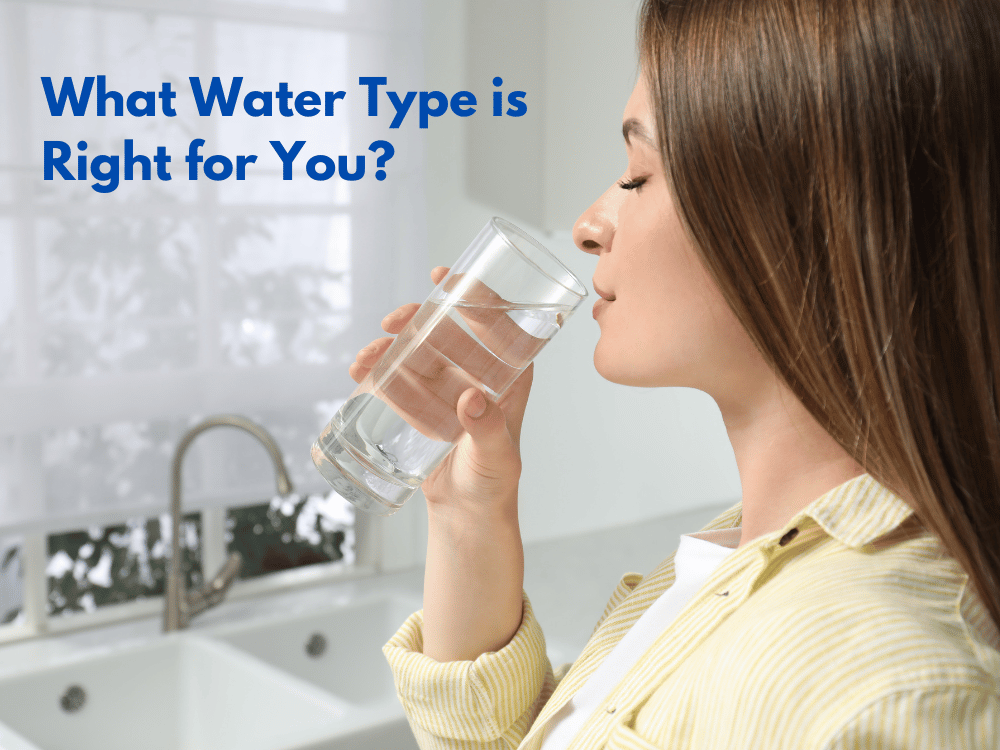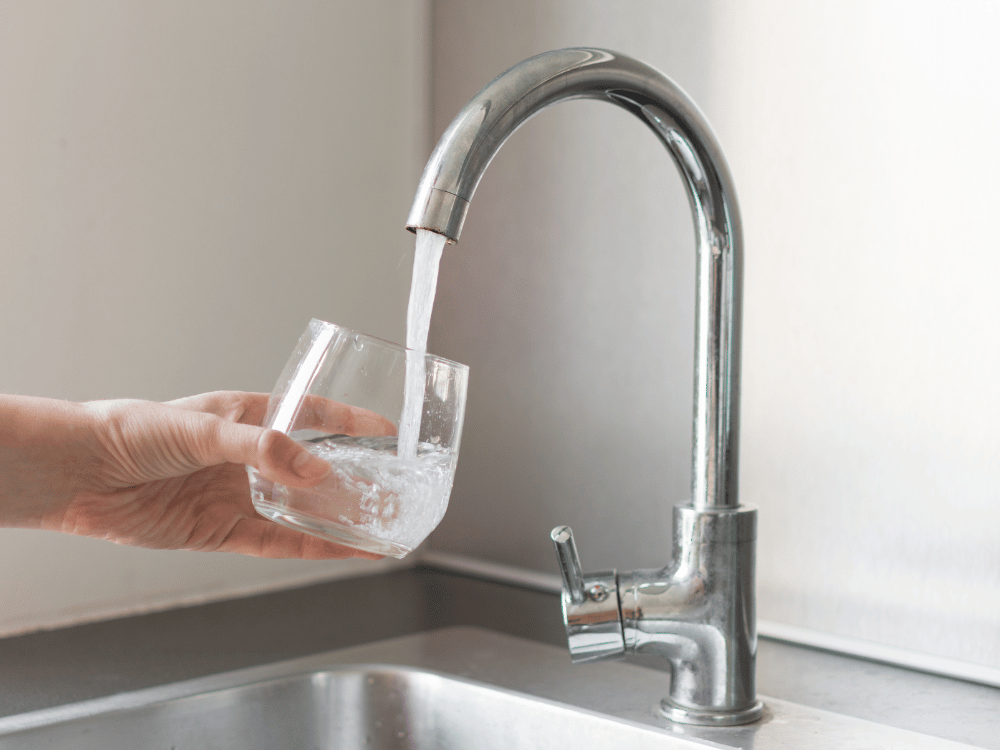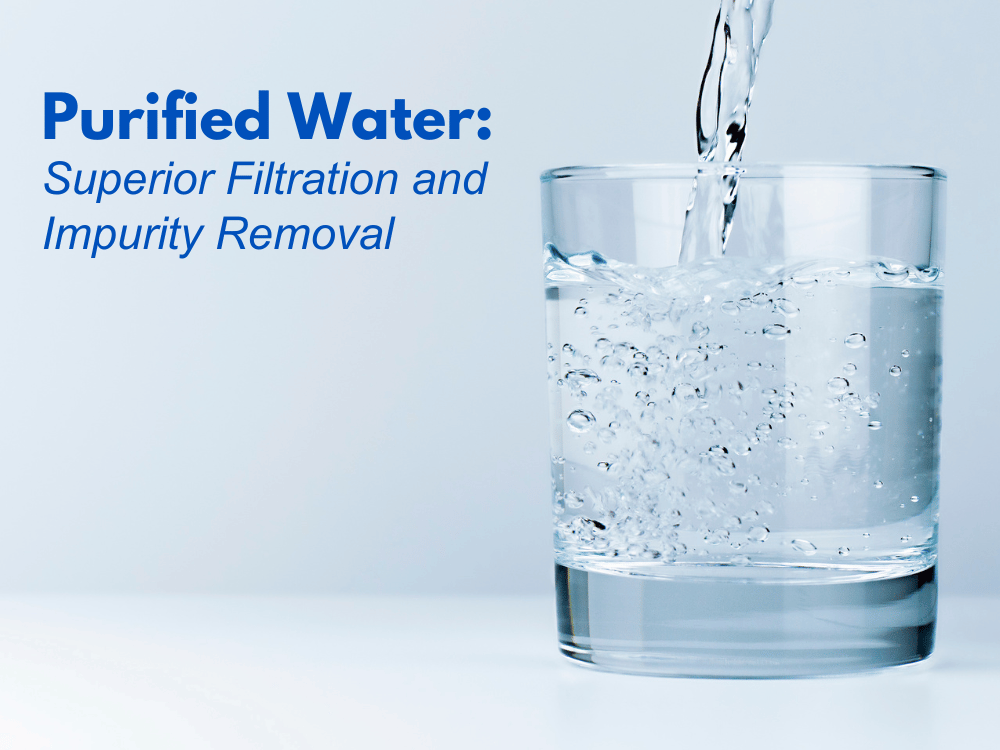A human body, with an approximate 60% water composition, depends heavily on consistent hydration for optimal functioning of all cells, tissues, muscles, and systems. Keeping the body adequately hydrated is essential for overall health.
Although the general thumb rule suggests drinking about eight glasses of water per day, the exact requirement can vary with individual lifestyle and physical activity levels.
The National Academies of Sciences, Engineering, and Medicine suggest men should consume 3.7 liters (125 ounces) of water daily, and women should aim for 2.7 liters (91 ounces). These recommendations include all beverages and foods contributing to your daily water intake.
The article discusses different types of water and the healthiest types to drink.

What Water Type Is Right for You?
Choosing the right hydration type involves considering the water composition and ensuring that all elements and minerals work synergistically. Reflect on the following aspects before deciding:
- Does the water taste appealing to you?
- Is it alkaline mineral-rich antioxidant water?
- Does it contain essential minerals and electrolytes?
- How much does it cost on a monthly/yearly basis?
- How convenient is it for you to access and consume?
Remember, most water types has its pros and cons. In order to solve this problem permanently, we have come up with an affordable solution.

Tap water: accessible and affordable
Tap water, treated with purifying agents like chlorine and ozone, is universally available and economical. The agents are supposed to make water safe for drinking by removing contaminants, but the reality is that
City tap water contains an average of 27 toxic chemicals that the EPA lists as “no legal limit”.
Advantages
- Purified and readily available.
- Contains dissolved minerals or electrolytes.
- Environmentally friendly as it does not require plastic bottles.
Drawbacks
- May have a distinct taste or odor that some people find unappealing.
- Could potentially contain harmful compounds such as microplastics and chlorine.
- Does contain an average of 27 different toxic chemicals listed as “no legal limit” so they are allowed to be in your Family’s drinking water.
Mineral water: Rich in minerals.
- Mineral water, sourced from underground mineral springs, is packed with essential minerals like sulfur, calcium, and magnesium.
- According to the U.S. Food & Drug Administration (FDA), mineral water must contain a minimum of 250 parts per million of dissolved mineral solids.
Advantages
Rich mineral content benefits blood pressure, muscle growth, and bone density.
Drawbacks
- Some brands may contain high sodium levels.
- It is a more costly option than other water types.
- Spring or Glacier Water: Purity from Natural Sources
- Spring or glacier water comes directly from the source, either a spring or a glacier. It is typically organic, toxin-free, and rich in minerals.
Advantages
- Free from contaminants.
- High in essential minerals.
- Refreshing taste.
Drawbacks
- Despite being natural, it might still contain contaminants like metals, nitrates, chlorine, and other undesired elements.
- There is a considerable cost and it must be consistently purchased.
- Distilled water: Free of contaminants.
- Distilled water undergoes a purification process involving vaporization and condensation to remove contaminants. This purification method removes impurities, including minerals and contaminants, resulting in highly purified water.
Advantages
A viable option is when tap water contains harmful compounds.
Drawbacks
- Lacks vitamins and minerals, which could lead to mineral leaching and impact your health negatively.
- Being deficient in minerals will cause it to take electrons and minerals from your body, which causes bone density and causes Osteoporosis and other health issues.

Purified Water: Superior Filtration and Impurity Removal
Purified water undergoes purification processes to remove harmful substances and impurities. Filtering your tap water can improve its taste and safely reduce waterborne bacteria, lead, arsenic, and other contaminants.
Advantages
Suitable for consumption when primary water sources are contaminated.
Drawbacks
Devoid of essential minerals and electrolytes. This problem can be solved by using an alkaline water ionizer with the addition of essential minerals and electrolytes back into the water.
Reverse osmosis filter: Our Company’s Life Sciences Reverse Osmosis (RO) systems effectively remove diverse contaminants such as heavy metals, chlorine, sediment. These can impair the water’s taste and smell.
By eliminating these substances, our tankless RO systems significantly enhance water quality. Plus, they generate mineral-rich alkaline water with antioxidant benefits.
Visit for a refreshing, healthy way to meet your hydration needs.
Why is Alkaline Water better?
The best way to maintain a pH balance and alkalize your body
- Alkaline water has a higher pH than regular tap water, typically ranging from 8 to 9.5, protecting the body against free radicals with its antioxidants, and enhancing oxygen distribution in the body.
- Hydrate the body better than bottled or tap water.
- Offers protection against free radicals.
- Facilitate effective oxygen distribution in the body.
According to Nobel Prize-winning research, alkaline water enhances hydrating properties due to the presence of minuscule passageways called aquaporins within our bodies’ cell walls. One of these aquaporin channels is regulated by pH. When the water is alkaline, the aquaporin channel opens up, facilitating water entry into the cell.
Visit Life Water Report for Alkaline Mineral water filtration systems.
Which water is the healthiest to drink?
Mineral water and alkaline water are often considered among the healthiest options for hydration due to their mineral content and potential benefits. You should always drink safe, purified, and uncontaminated water. With an alkalizer, you can improve your drinking water by adding antioxidants and superfiltration.
It’s essential to stay hydrated and drink enough water. A well-hydrated body boasts a robust immune system, healthy skin, and optimized bodily functions.
Call to action: In conclusion, the healthiest water to drink comes down to personal preference, factoring in taste and mineral content, and above all the 40+ Scientifically Proven Health Benefits from Alkaline Water generated by an advanced water system.
